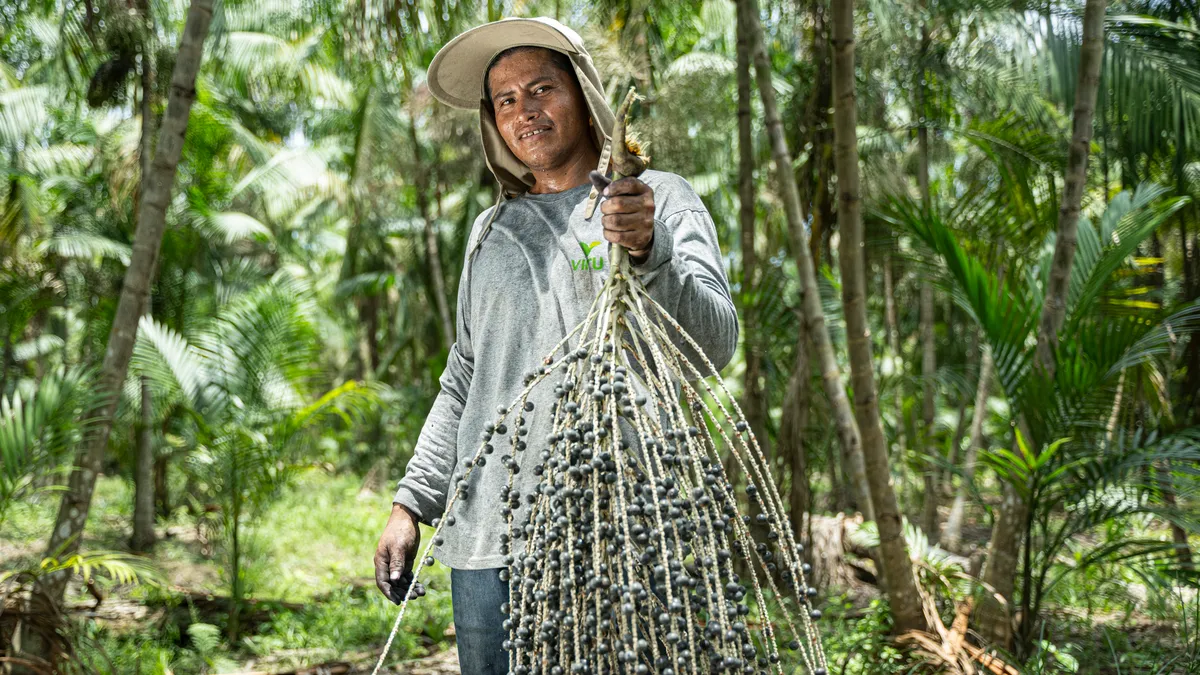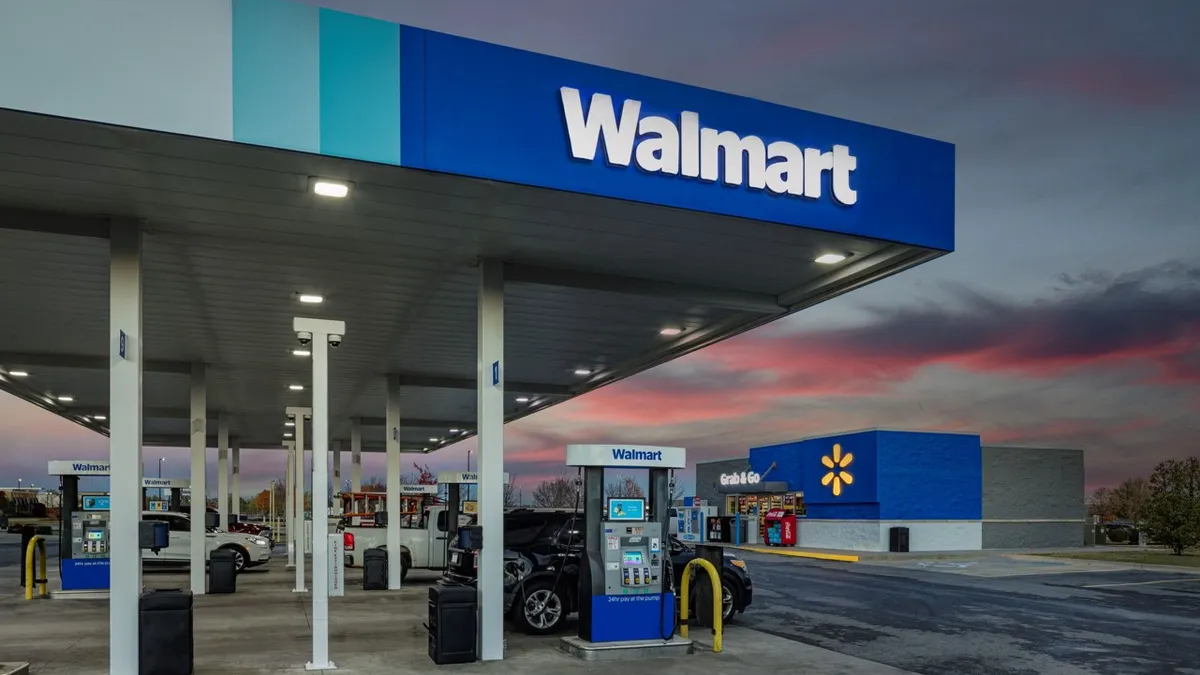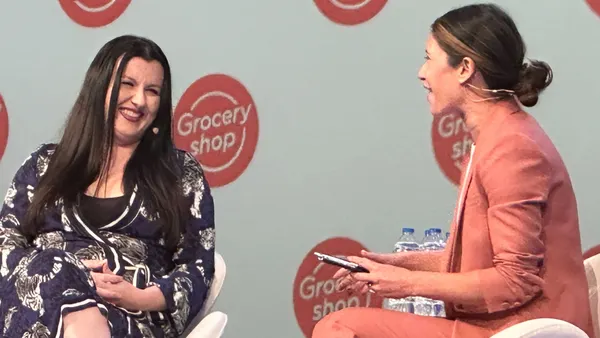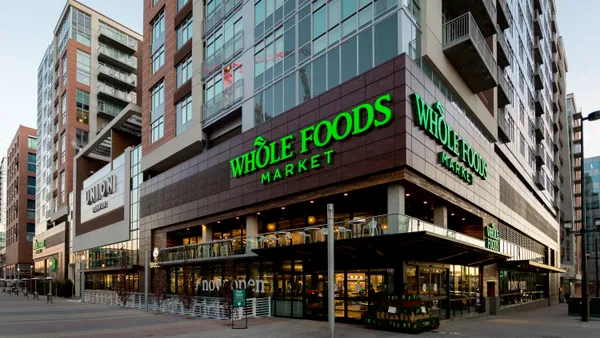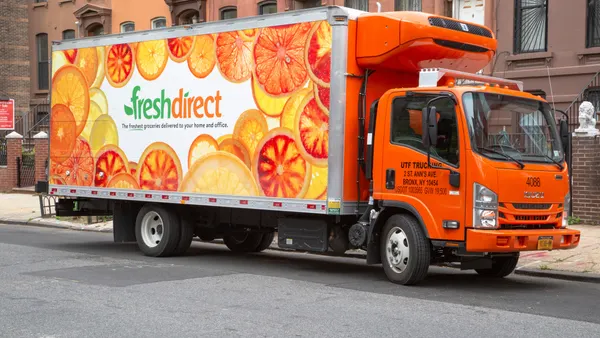In 1994, when agricultural producer Viru was breaking ground on its first production facilities and sowing its first fields, its leaders made a choice: prioritize vertical integration.
A complicated concept at its face, CEO Yoselyn Malamud said it’s actually quite simple: “What it means is our facilities have been built next to our fields, so now we can control processing, storage and delivery.
“This enables us to provide a guarantee of safety and quality to our partners, and complete traceability to both our partners and consumers,” she said.
Today, vertical integration – in which all stages of production are controlled within and by the same company – is a key pillar for Viru, which has multiplied in the years since and seen its sales grow threefold since 2018 alone.
Viru leaders say supply chain transparency is more important to consumers than ever. Research backs up that the food industry as a whole is trending in this direction. According to global consulting firm EY, consumers are increasingly focused on a set of ideals it calls LATTE – local, authentic, traceable, transparent and ethical. Technology has made it easier for companies to collect data and streamline supply chain processes, EY notes.
“Consumers are more food and health conscious than ever — they want to know where and how their food was raised,” EY Food and Agriculture leader Rob Dongoski writes. Key food brands and retailers have, reading the writing on the wall, integrated backwards, acquiring a key supplier within their value chain to achieve vertical integration.
Viru, on the other hand, has remained vertically integrated from its start. Maintaining vertical integration throughout a growing business might be more resource-intensive than the alternative, which would be contracting with suppliers into which the company has limited insight. Nonetheless, committing to vertical integration has proven worthwhile, Malamud said.
“We can guarantee our products from farm to table, and this is becoming critical for success in our sector,” she said. “Vertical integration is what makes Viru’s business model so relevant in today’s global market.”
Vertical integration allows Viru to ensure Acai berries are grown organically – “irrigated with rain; weeded, maintained and harvested manually; fertilized with 100% organic products,” Malamud says. This ensures the final product that reaches a consumer’s plate is as fresh and healthful as possible: high in proteins, vitamins, minerals, flash-frozen to maintain many of these benefits, which can be stripped out during the typical freezing or canning process.
Maintaining quality control and sustainability could reap dividends. In 2023, a Deloitte survey found that 68% of consumers surveyed are willing to pay a premium for fresh food, up 7% year over year.
Meanwhile, in 2022, consulting firm LEK found that consumers have a 54% likelihood of switching brands due to “sustainability, environmental concerns or ethical considerations.” More than half of U.S. customers the firm surveyed said they were willing to pay a premium for sustainably-produced goods – and because consumer perceptions of sustainability are so variant, brands have the opportunity to increase their standards and transparency to build trust.
Across more than 33,000 acres of produce – 264 of them devoted to açai, the rest to savory crops like artichokes and asparagus and fruits like avocado, strawberries and blueberries– the company strives to stick to its values. Also among those values is a commitment to strong working conditions.
In January, Viru was named the No. 1 Place to Work from Great Place to Work Peru, the sixth year in a row it’s ranked among the top companies by the Great Place to Work awards, and its first year ranking at the top of the list. The company offers its 17,000-plus employees free daycare, home building loans and medical care – benefits that are vital to the communities in which it works, many of them remote and low-income.
“It was an observation of a struggling quality of life in the town surrounding Viru’s first plant – in part a result of low social assistance by the government – that inspired the company to invest in its local community some 20 years ago,” Malamud said.
Today, as the company has grown, she can’t see it any other way.
“We would not be so successful if it wasn’t for our people,” she said. “They truly are the most important asset of the company.”
And while they’re just two of a broader set of pillars Viru uses to operate – sustainability and innovation also topping the list – Malamud said vertical integration and worker protections are inextricably linked.
“The fact we are vertically integrated shapes our culture. We live our crops, we live our products, we live our people and we live our customers as part of the same system: the Viru Family,” she said. “The common ground is a sense of responsibility and trustworthiness that transform our business relationship into true partnerships.”
In August, Viru will celebrate its 30th anniversary. Malamud is struck by the timing. “It’s very fitting that this comes the same year that we’ve won Best Place to Work in Peru,” she said.
“We strive to maximize our positive impact,” she said, noting the company has championed this mentality all along. “This is the kind of culture we encourage at Viru. For us, it’s people before product.”

